Maharashtra Chief Minister Eknath Shinde has recently been in the news not just for his governance but also for a political statement that highlighted the legacy of Shiv Sena founder Balasaheb Thackeray. Amid the ongoing controversy over comedian Kunal Kamra, Shinde insisted that his career has been guided by Balasaheb’s famous motto, “80% social work, 20% politics”.
But what does this motto mean, and how does Shinde’s claim hold up under scrutiny? Let’s break it down.
All the points in this post
Who is Eknath Shinde?
Before diving into political philosophy, it is essential to understand Eknath Shinde’s journey. Unlike many politicians who hail from political dynasties, Shinde rose through the ranks with grassroots work. Starting as the Shiv Sena Sakha Pradhan (local branch chief) in Thane, he built his reputation as a leader who connected with the common man.
His rise to power as Maharashtra Chief Minister in 2022, following a dramatic split in the Shiv Sena, was seen as a testament to his organisational skills and public appeal. But does his governance truly reflect Balasaheb’s vision.
Balasaheb Thackeray’s 80-20 Principle
Shiv Sena founder Balasaheb Thackeray was not just a politician – he was a social influencer who believed in “80% social service, 20% politics”. For him, politics was a means of serving society, not just a game of power.
This policy shaped the early years of the Shiv Sena, where the party focused on Marathi pride, workers’ rights and local issues before diving deep into electoral politics. It wasn’t just about winning elections; it was about winning hearts.
Eknath Shinde’s Claim: Walking the Talk?
In the wake of the Kamra controversy, Shinde’s reference to Balasaheb’s policy seems tactical. But did he really follow it:
- Social work: Shinde’s supporters highlight his work during crises like the 2005 Thane floods or the COVID-19 relief efforts. His reputation as “man of the people” stems from such initiatives.
- Political action: Critics, however, point to his rebellion against Uddhav Thackeray, which led to the split of the Shiv Sena. Was it just a political ploy or 80% social work?
The Kamra Row: What’s the Fuss About?
A controversy erupted when Kunal Kamra, a satirical comedian, commented mocking Shinde’s regime. Instead of ignoring it, Shinde’s government issued a “show cause notice” to Kamra, raising questions about freedom of speech.
Amidst the backlash, Shinde’s reference to Balasaheb’s policies appeared to be an attempt to divert attention from the controversy and focus on his “social worker” image.

Political Implications: Reinforcing Grassroots Credibility
By invoking Balasaheb, Shinde is doing two things:
- Legitimate leadership: Establish himself as the true heir to Thackeray’s legacy, especially after the Sena split.
- Fighting criticism: rejecting accusations of being a “power-hungry rebel” by emphasizing his social contributions.
Public Perception: Mixed Reactions
Supporters argue that Shinde’s work in Thane’s development and disaster management is proof of his commitment to social service.
Opposites say that his rebellion against Uddhav Thackeray was purely political, which goes against the 80-20 principle.
THE END: Does Shinde Truly Embody Balasaheb’s Vision?
While Eknath Shinde’s career reflects elements of Balasaheb’s philosophy—especially his grassroots connections—the recent political turmoil raises doubts. The Kamra controversy and the Sena split indicate that “20% politics” can sometimes overshadow “80% social work”.
Ultimately, it is the people of Maharashtra who will decide whether Shinde’s governance is in line with Balasaheb’s ideals, or whether it is just political rhetoric. One thing is clear: in today’s politics, balancing social service and power is still a difficult task.

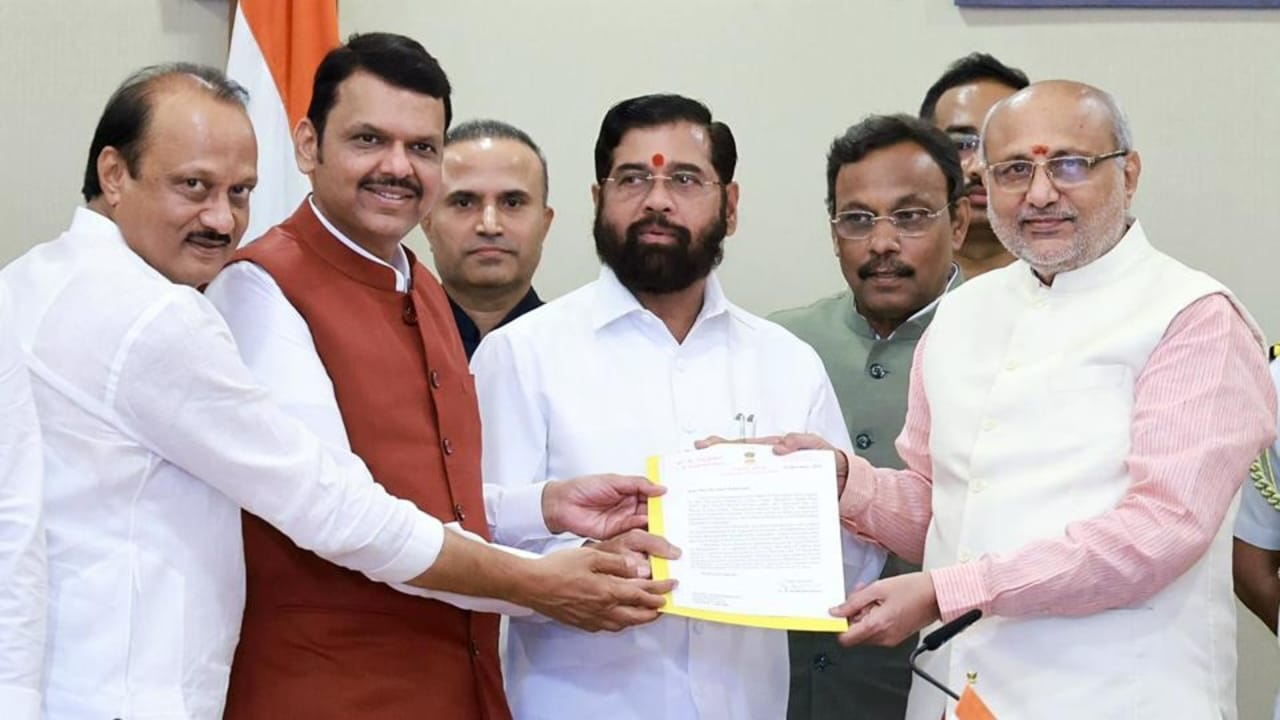



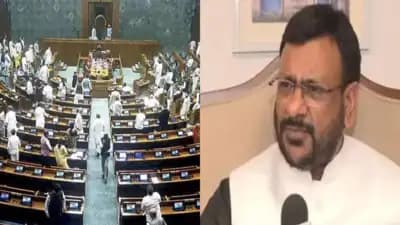






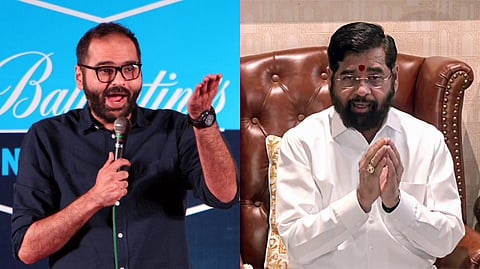
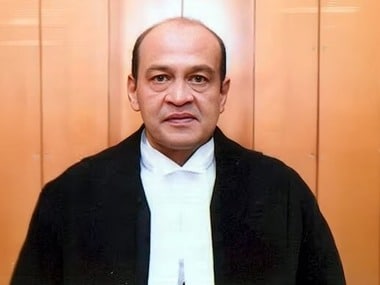

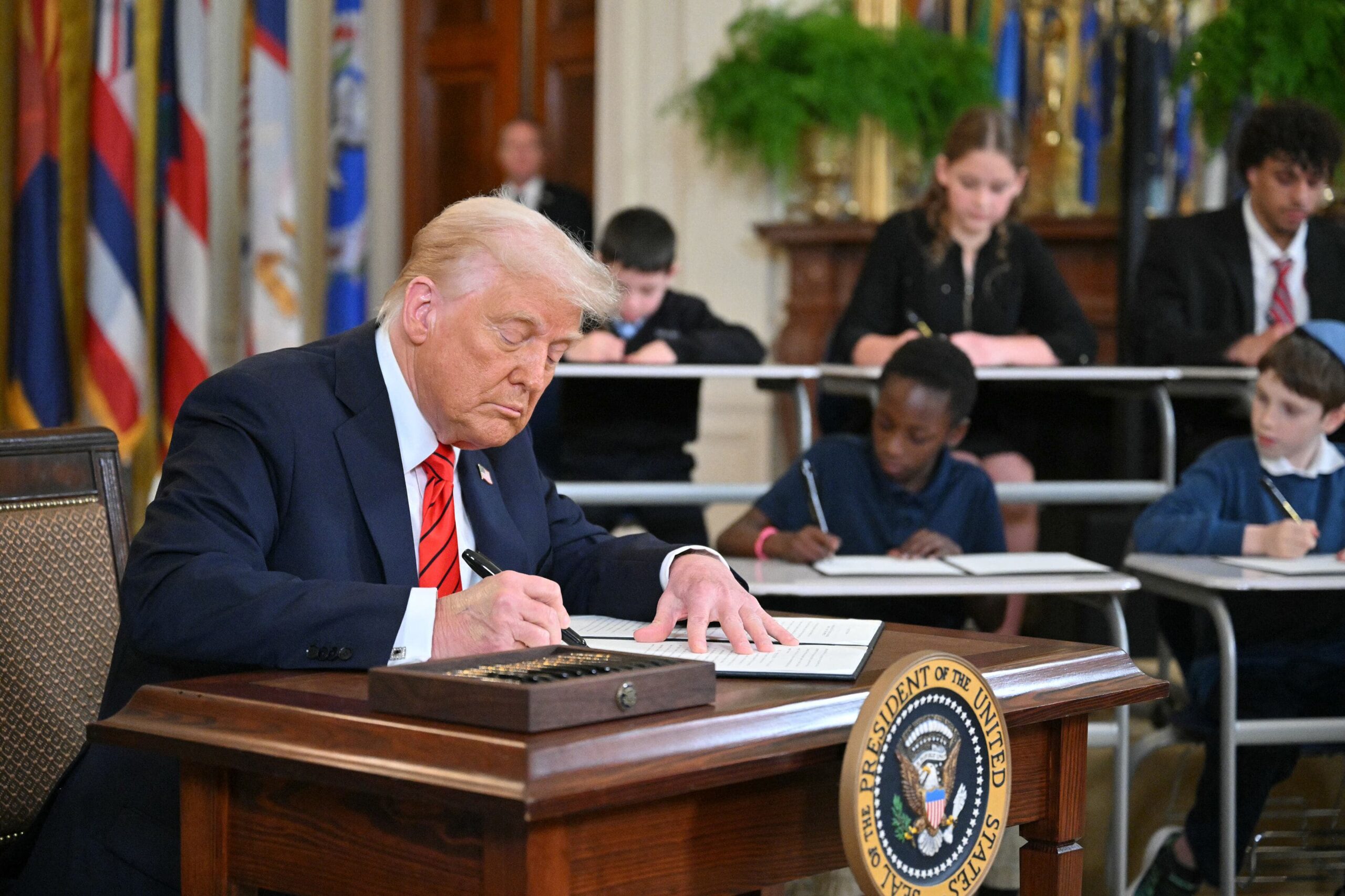




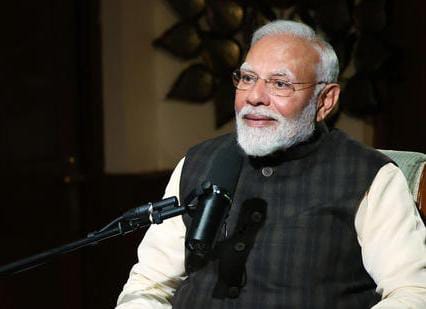
Leave a Reply